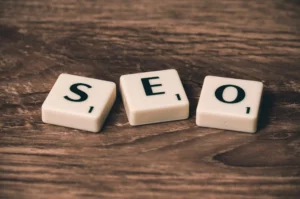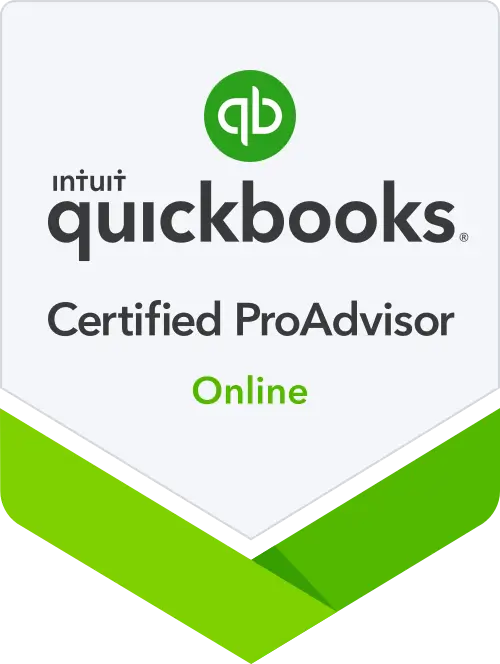“What can a business do to fight inflation?” is a question on the tip of every business owner’s tongue these days.
One of the most important things a business can do is to protect the company against inflation. Inflation can have several effects on a business, detrimental to its bottom line. For instance, inflation can reduce the purchasing power of a business’s customers, making it harder for them to buy goods and services. In addition, inflation can lead to higher costs for businesses, as they may have to pay more for raw materials or labor. Wise Businesses will explore ways to combat inflation.
Inflation can also erode profit margins, as businesses may find it challenging to raise prices to cover their costs. By taking steps to hedge against inflation, businesses can help to protect themselves from these risks. There are several ways to do this like investing in gold or other commodities, entering into forwarding contracts, or diversifying their investment portfolios. While there are no guarantees when it comes to protecting against inflation, taking these steps can help to minimize the impact it has on a business.
For those small businesses that have so far survived COVID-19, the post-pandemic transition era is shaping up to be equally challenging. Canada’s inflation rate has reached a multi-decade high.
Small and medium-sized businesses are feeling the pinch already. If you haven’t already, you should be taking steps to ensure your small business can fight inflation.
In this article, I’ll show you how to equip your business to combat inflation with strategies designed to get and keep you prepared for fast-changing market conditions.
What exactly is inflation?
There are two main types of inflation:
1) Demand-pull inflation – happens when there’s too much money chasing too few goods. It’s often caused by increased government spending or tax cuts, which boost people’s disposable income. Extra money creates more demand for goods and services, and thus, rising prices.
2) Cost-push inflation happens when input costs increase, such as raw materials or energy. These increases are usually passed on to consumers through higher prices.
It’s one thing to have a slow season; it’s quite another when your business is suffering due in part to rising inflation. Canadian small businesses need all the help they can get because as purchasing power decreases, so too does sales volume and profit margins; this puts them at risk for bankruptcy or other financial ruin if something isn’t done quickly!
7 Steps you can take to protect yourself against inflation.
1. Raise your prices
Increase your prices if you’re impacted by inflation. It may not be popular, but it’s necessary to combat rising costs of business inputs like labor and material items, which drive up the cost of everything we produce daily.
One way of doing this is to start looking around at what other companies in similar markets are charging. This research will serve as a good guide or starting point on whether increasing margins is an option moving forward. Even though there may not currently be any significant increase with our current market conditions – things could change quickly.
2. Analyze your profit margins
Before inflation became a problem in Canada, many businesses did not consider analyzing the company profit margins. With the increased cost of labor and materials, businesses will feel the pinch. To protect themselves against inflation, companies need to understand their profit margins.
There are two methods for calculating profit margin: gross margin and net margin. The gross margin is calculated by subtracting the cost of goods sold from the revenue. Net margin is calculated by subtracting all expenses from the revenue.
By understanding your margins, you can make informed decisions about pricing, expenditure, and where to cut costs if necessary. With this information, you can protect your business against inflation and ensure you are still making a profit.
3. Financial forecasting and its importance.
Businesses use financial forecasting as a tool to estimate future revenue and expenditures. This process is essential because it helps businesses protect themselves against inflation. By forecasting how much money they will need to spend on goods and services, companies can ensure they have enough cash flow to cover their costs.
In addition, companies can plan for future expansion by estimating how much revenue they will generate. Financial forecasting is, therefore, an essential part of any business planning process. Without it, companies would risk overspending or underspending, leading to financial difficulties. Consequently, all companies should seriously consider financial forecasting when making decisions about their future.
The key to any successful business is liquidity. If you cannot generate enough money for your company, it could be curtains down! Financial forecasting becomes so crucial because this helps determine the impact on cash flow when different scenarios occur. There will always be some sort of plan ready with optimum options based on current market conditions or anything else unpredictable – just like an emergency preparedness kit does for disasters.
Although financial forecasting is a critical tool for businesses, it is essential to remember that it is not an exact science. Forecasts are based on past data and current trends but cannot account for every possible eventuality. As such, businesses should use forecasting as a guide rather than a hard-and-fast rule when making decisions about their future.
Nonetheless, by carefully considering their options and using financial forecasts as a starting point, businesses can increase their chances of making sound decisions that will help them thrive in the long term.
4. Improve productivity by streamlining and automating processes.
One of the best ways to protect your business against inflation is to increase productivity and efficiency. Fortunately, several technologies and apps can help you track and improve productivity in your workplace. By taking advantage of these tools, you can ensure that your business is as efficient as possible and that your profit margins are as high as they can be. Every advantage counts in today’s competitive marketplace, so make sure you use all the resources at your disposal.
Examples of such technologies and apps include:
-Time tracking software
-Project management software
-Productivity apps
-Communication tools
– task management software
– etc
Each business will have different needs, so selecting the right tools for your specific circumstances is essential. However, if you want to boost productivity and protect your business against inflation, ensure you’re taking advantage of all the available technology. It could make all the difference for your bottom line.
5. Cut expenses where possible.
As any savvy business owner knows, keeping a close eye on expenses is essential. Not only does this help to protect your bottom line, but it can also help to protect your business against inflation. By carefully monitoring your expenses and looking for ways to cut costs where possible, you can help ensure that your business remains financially stable in the face of rising prices.
Of course, cutting expenses is not always easy. But there are a few simple strategies that can help.
For example, you can negotiate with vendors to get better rates and take advantage of discounts and specials whenever possible. You can also look for ways to streamline your operations by automating specific tasks or eliminating unnecessary steps. Taking measures like these can help reduce expenses and keep your business running smoothly – even when times are tough.
Also, check if your company is paying for products or services that aren’t being used and cancel those items. Finally, consider substituting materials. You may find alternate products or ingredients that will save you money.
6. Evaluate product and service mix.
The right mix of products and services can help businesses keep their prices stable while still providing the same level of quality and customer satisfaction. Companies must regularly evaluate the combinations of products and services to protect against inflation. Businesses should keep a few things in mind when considering their product and service mix.
First, they need to ensure that they are offering a mix of products and services that meets the needs of their customers. Second, they need to ensure that they are not over-producing or under-producing any particular product or service.
Finally, they need to keep an eye on trends in the marketplace to ensure that their mix is still relevant. By considering these factors, businesses can protect themselves against inflation and continue to provide their customers with the best possible experience.
7. More customers.
One of the best ways to protect your business against inflation is to increase your customer base. A more extensive customer base means that you will have more people paying for your products or services, which can help offset inflation’s effects.
Moreover, a more extensive customer base can also provide a buffer against unexpected changes in the economy. If one sector of the economy slows down, you may still be able to rely on other sectors to keep your business afloat. Therefore, increasing your customer base is a smart way to insulate your business against inflationary pressures.
Proper bookkeeping.
One way to protect your business against inflation is to keep careful track of your finances with proper bookkeeping. This will give you a clear picture of where your money is going and how much you spend on each item. With this information, you can make adjustments to ensure your business is as efficient as possible.
For example, if you know that the cost of raw materials has gone up, you may decide to switch to a different supplier or look for ways to cut other costs to maintain a healthy profit margin.
Keeping track of your finances can be time-consuming, but it’s worth it in the long run if your business is better equipped to weather an inflationary period. Talk to us so we can set you up properly.




